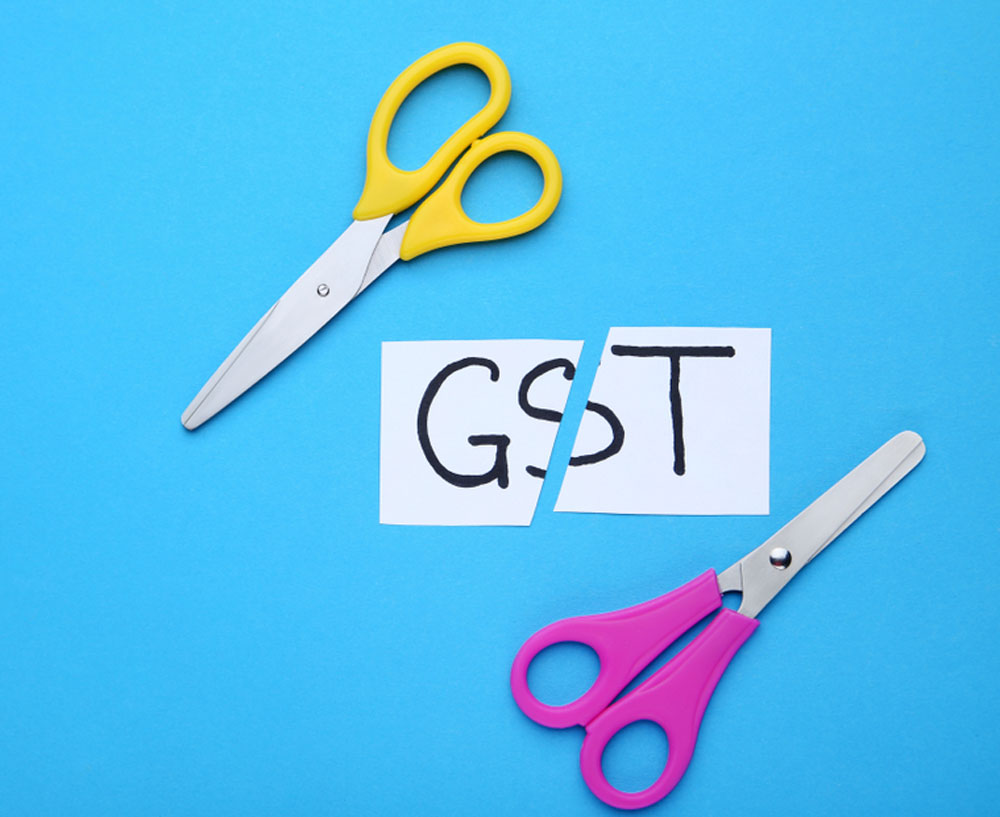Passenger vehicle sales in the country are likely to pick up in the current fiscal after it rose just 2.7 per cent in 2018-19, the slowest pace in five years, because of weak customer sentiment fuelled by a liquidity crunch, high vehicle prices and uncertainty over general elections.
The auto industry has urged the government to reduce the GST on passenger vehicles and two-wheelers to 18 per cent from 28 per cent as the sector is expected to see a price hike of 10-15 per cent after the introduction of new emission and safety regulations.
“The easing of the monetary policy and two consecutive rate cuts will help consumers. The government has already committed a lot of money to infrastructure development and rural growth, so we will see a cumulative impact of that this year,” Rajan Wadhera, president of Siam, told reporters.
According to the Society of Indian Automobile Manufacturers (Siam), sales of passenger vehicles are likely to grow 3-5 per cent this fiscal. However, the sales growth would depend on the government reducing the GST on passenger vehicles and two-wheelers. The industry fears the increase in prices over emission and safety norms will dent demand.
The industry body expects commercial vehicles to grow at 10-12 per cent, two-wheelers by 5-7 per cent and three wheelers by 7-9 per cent in 2019-20.
At present, automobiles attract a peak GST rate of 28 per cent with additional cess ranging from 1 per cent to 15 per cent, depending on the length and the engine size and type.
“We want the government to be sensitive to the fact that BS-VI emission introduction (from Apri1, 2020) and other safety regulations will add to the cost. If it adds to the cost it is likely to lead to slowdown in demand,” Wadhera said.
The data showed that domestic passenger vehicles (PV) sales were at 33,77,436 units in 2018-19, beating the previous record of 32,88,581 units in 2017-18. Domestic car sales in 2018-19 were at 22,18,549 units against 21,74,024 units in 2017-18, a growth of 2.05 per cent.










